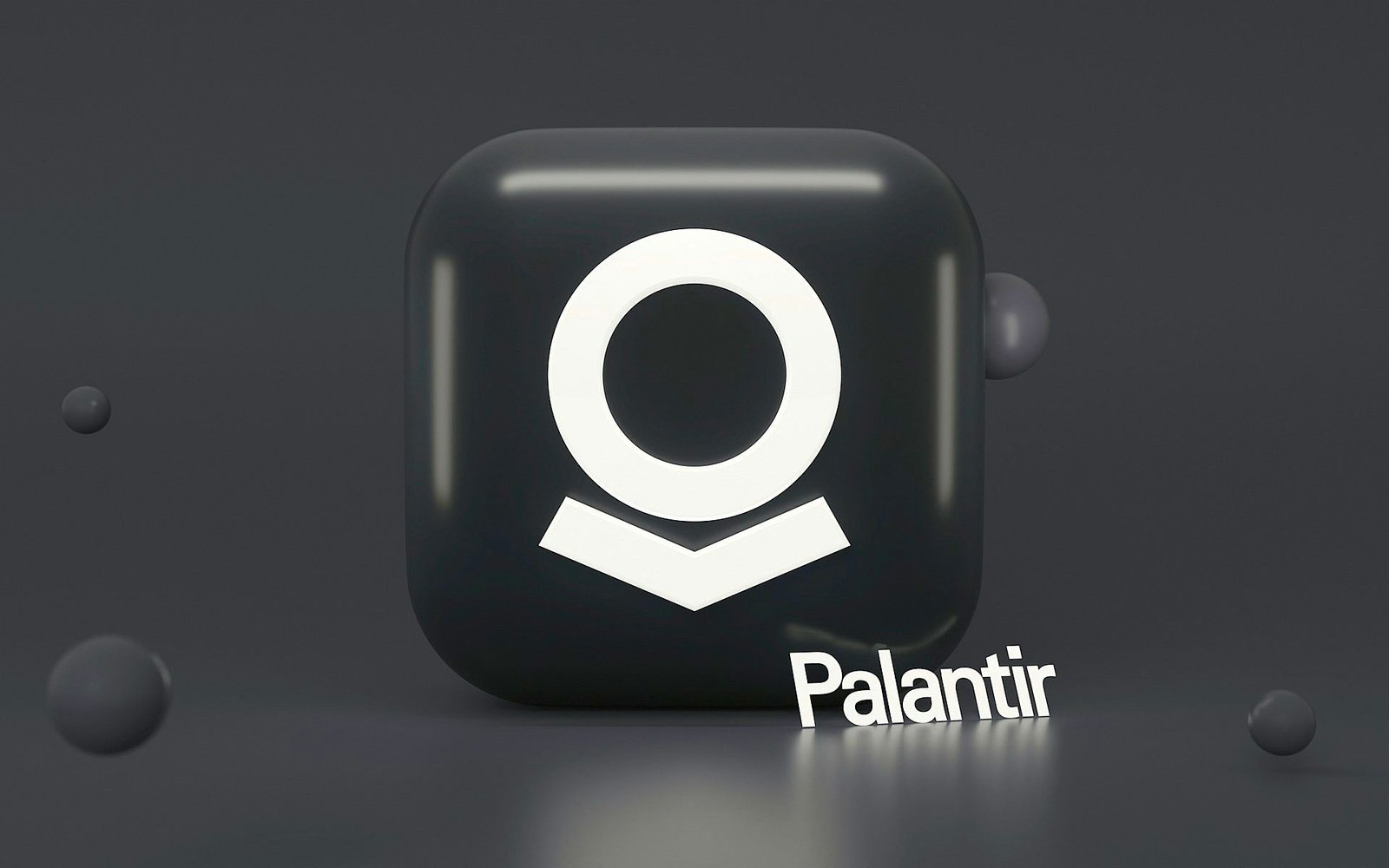AI-Generated Image. Article: UK Government Planning To Replace NHS GPs With AI by Tech Is The Culture
Are NHS GPs Going Extinct?
Imagine a world where your NHS GPs appointment starts with an AI chatbot asking, “How’s that rash treating you?” while an algorithm cross-references your symptoms with 10 million medical journals. Welcome to the NHS’s digital makeover, a plan that’s less “robots stealing jobs” and more “let’s make healthcare slightly less chaotic.”
The UK government’s AI-driven vision for the NHS has sparked headlines about “replacing GPs with chatbots,” but the reality is far more nuanced and oddly optimistic. Let’s unpack the pixels behind the panic.
AI NHS GPs (Tony Blair’s ChatBot Dream)
In 2024, a leaked report from Tony Blair’s think tank proposed consolidating GP practices into super primary care centers serving 250,000 patients each, powered by AI chatbots and centralized health records. The plan? Use AI to triage cases, manage routine inquiries, and free up human doctors for complex care. Think of it as Tinder for symptoms: swipe left on a cough, swipe right on chest pain.
Blair’s vision, backed by Oracle’s Larry Ellison (because why not?), envisions a future where patients interact with “AI doctors” via apps, reducing wait times and administrative bloat. Critics, however, called it a Trojan horse for privatization. Sam Smith of Medconfidential said, “Blair wants to close your GP and replace it with a chatbot that probably can’t spell ‘stethoscope.’”
But let’s be real: the NHS already uses AI for diagnosing cancers, predicting kidney failure, and even automating clinic notes. The goal isn’t to replace NHS GPs but to give them digital interns that handle paperwork like ChatGPT with a stethoscope.
The “Humphrey” Effect AKA AI as a Bureaucracy-Busting Sidekick
Enter “Humphrey,” the UK government’s suite of AI tools named after Yes, Minister’s fictional bureaucrat. This digital sidekick helps civil servants analyze public consultations in hours (not months), transcribe meetings, and even draft policy briefings. In healthcare, Humphrey’s sibling tools are already at work:
– Predictive analytics flagging high-risk patients for early intervention.
– AI triage systems routing routine queries away from overburdened NHS GPs.
– Automated note-taking during consultations, sparing doctors from typing while diagnosing.
Health Secretary Wes Streeting summed it up: “We’re bringing our analogue NHS into the digital age.” Translation: “We’re finally upgrading from fax machines.”
The Data Dilemma Is That NHS’s IT Systems Are Still Stuck in 2005
Before AI can revolutionize healthcare, the NHS must tackle its real villain: ancient IT infrastructure. Prof. Sir Martin Landray, a leading scientist, called NHS systems “slow, unreliable, and devastatingly user-unfriendly.” Imagine waiting 10 minutes for a computer to boot up while a patient describes their chest pain; it’s like using dial-up internet in the age of SpaceX.
Lord Darzi’s recent review highlighted that only 1% of NHS GPs appointments are managed via the NHS app, despite 80% of citizens being registered. For comparison, if your bank app worked that poorly, you’d riot. The NHS is now investing in a £330 million federated data platform (built by Palantir, because irony is dead) to unify fragmented records. Until then, AI tools are like Ferraris stuck in traffic—powerful but throttled by potholes.
Why NHS GPs Aren’t Going Anywhere (The Human Touch)
AI’s biggest cheerleaders admit it’s no substitute for human judgment. Dr. Jenny Hamilton of Optum’s Pathway project notes that AI can flag high-risk patients, but “clinicians still need to interpret data in context.” For example, an algorithm might predict your risk of heart disease, but only a GP can ask, “Do you really eat five burgers a week?”
Ethical concerns loom large. Who’s liable if an AI misdiagnoses? How do we prevent algorithmic bias? The Royal College of Physicians warns that AI should “assist, not replace” clinicians, emphasizing the need for transparency and patient trust. As Prof. Anmol Arora put it, “AI in healthcare is like autopilot—useful, but you still need a pilot.”
The Grand Plan Is Using AI As A Force Multiplier, Not A Replacement
The government’s AI Opportunities Action Plan isn’t about firing NHS GPs; it’s about giving them superpowers. Key initiatives include
– National Data Library: A secure repository of anonymized health data to train AI models.
– AI Growth Zones: Accelerating infrastructure for AI-powered diagnostics and telemedicine.
– Digital Skills Training: Upskilling NHS staff to wield AI tools effectively.
Prime Minister Keir Starmer insists this will “turbocharge the NHS” while saving £45 billion annually. Critics counter that “turbocharging” requires functional spark plugs, but the vision is clear: a hybrid system where AI handles grunt work, and NHS GPs focus on care.
The Future of Healthcare Is Human… With a Dash of Robot
So, is the UK replacing GPs with AI? Not exactly. The plan is more Iron Man than Terminator AI, like Tony Stark’s Jarvis, not Skynet. Chatbots might book your appointment, and algorithms might flag your cholesterol, but your GP will still be there to say, “Let’s talk about your diet.”
The NHS’s digital transformation is less about obsolescence and more about evolution. As Prof. Landray joked, “If we can make banking apps work, surely we can stop NHS computers from crashing during flu season.” Here’s to a future where AI doesn’t replace doctors; it just stops them from drowning in paperwork.
Now, if you’ll excuse me, I have a Zoom call with my WebMD chatbot.
Let us know your thoughts on the subject at techistheculture.bsky.social. Keep ahead of the game with our newsletter & the latest tech news.
Disclaimer: This article may contain some AI-generated content that might include inaccuracies. Learn more [here].



